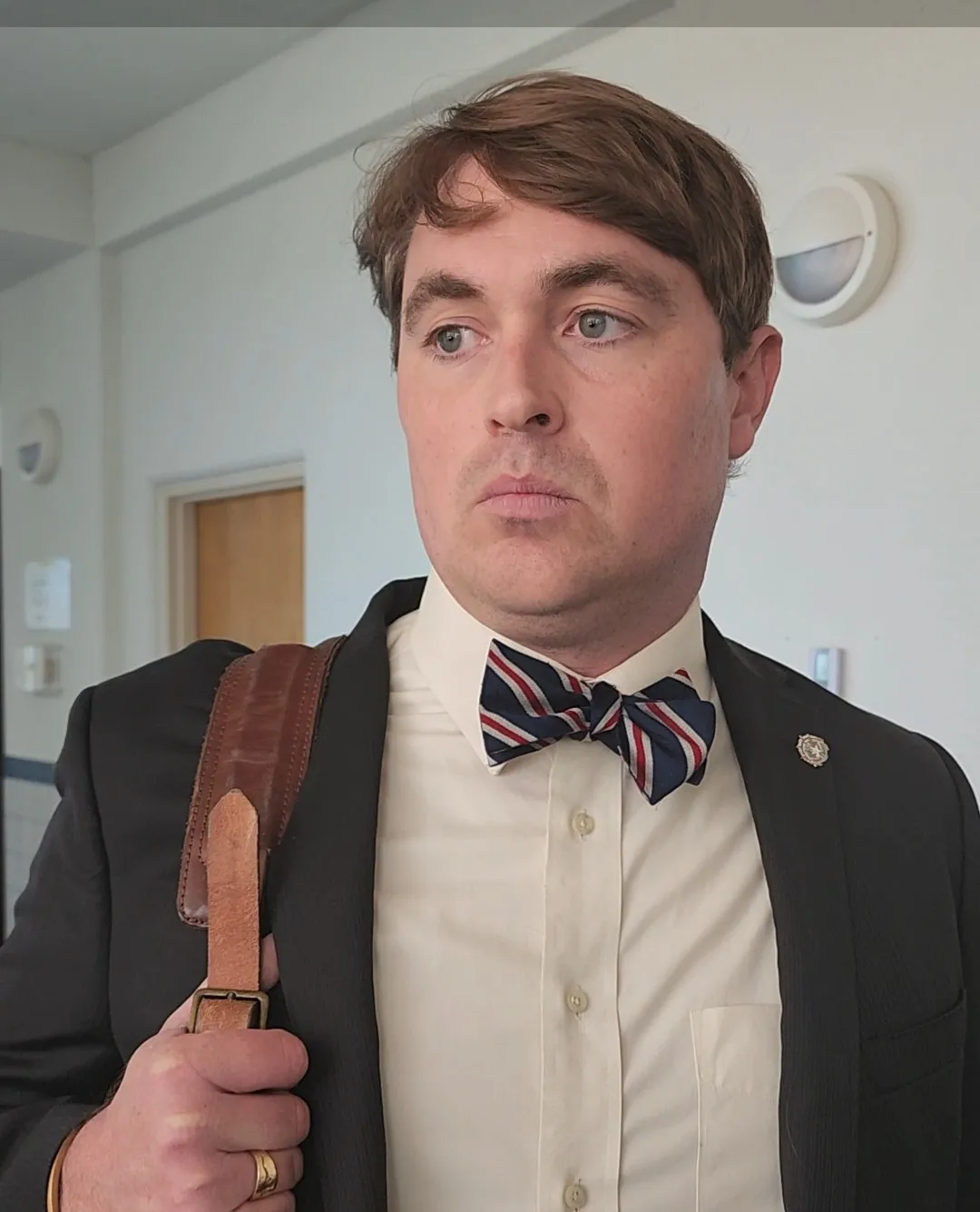
IN his 1974 book, “Unheavenly City Revisited,” Edward C. Banfield identified four social classes for the purposes of analyzing social problems: the lower class, the working class, the middle class, and the upper class. He said this classification is cultural and psychological rather than biologically or racially determined. Citing the findings of previous research, Banfield said each class “exhibits a characteristic patterning that extends to all aspects of life: manners, consumption, child-rearing, sex, politics or whatever.”
There are always exemptions, of course, but generally speaking, “the working class is more future-oriented than the lower class but less than the middle class, the middle class in turn is less future-oriented than the upper.”
As for a lower-class person, he lives from moment to moment. “If he has any awareness of a future, it is of something fixed, fated, beyond his control: things happen to him, he does not make them happen. Impulse governs his behavior, either because he cannot discipline himself to sacrifice a present for a future satisfaction or because he has no sense of the future…. [W]hatever he cannot use immediately he considers valueless. His bodily needs (especially for sex) and his taste for ‘action’ takes precedence over everything else — and certainly over any work routine. He works only as he must stay alive, and drifts from one unskilled job to another, taking no interest in his work…. He is careless with his things…and even when nearly new, they are likely to be permanently out of order for lack of minor repairs. His body, too, is a thing ‘to be worked out but not repaired’; he seeks medical treatment only when practically forced to do so…. In his relations with others he is suspicious and hostile, aggressive yet dependent. He is unable to maintain a stable relationship with a mate…. He feels no attachment to community, neighbors, or friends…, resents all authority (for example, that of policemen, social workers, teachers, landlords, employers), and is apt to think he has been ‘railroaded’ and to want to ‘get even.’ ….”
As someone who has spent the past three decades reading (and trying to make sense of) police reports, court affidavits, charging documents, and court rulings, I am struck by how eerily familiar Banfield’s description of lower-class traits sounds.
Again, it is not about race.
In his 2010 collection of essays, “Life at the Bottom,” the British author and psychiatrist Theodore Dalrymple wrote about the underclass and its patterns of behavior that are usually self-destructive. He noted that “the majority of the British underclass is white, and that it demonstrates all the same social pathology as the black underclass in America — for very similar reasons….” Moreover, in economically advanced nations like the U.S. (including its territories) as well as Britain, the underclass is not poor, “at least by the standards that have prevailed throughout the great majority of human history.” America’s social safety net, for example, is extensive and consists of a wide variety of federal, state, and local programs. The underclass in the First World, as Dalrymple would put it, “enjoys amenities and comforts that would have made a Roman emperor or an absolute monarch gasp.”
But for many (vocal and concerned) members of the middle and upper middle classes in a prosperous society, Banfield said there is a feeling of guilt at “social failures,” and this has “given rise to public rhetoric about ‘accepting responsibility’ for ills that in some cases could not have been prevented and cannot be cured. The dropout, for example, in turning his back on education is [supposedly] ‘telling us that we never really connected with him, that in our preoccupation with others we never gave him enough time or attention.’ This is typical. In the upper-middle-class view it is always society that is to blame. Society, according to this view, could solve all problems if it only tried hard enough; that a problem continues to exist is therefore proof positive of its guilt.”
According to Banfield, however, blaming society may lead us to believe that we cannot do anything to help ourselves — and that such a society is not worth saving. Perhaps not surprisingly, the more concerned citizens dwell on “society’s failures,” the more righteous their anger becomes. Some may even conclude that “drastic times” call for “drastic actions,” and that “badly needed changes” must be carried out by “any and all means necessary.”
Humanity, however, has gone down that road many times before. The results were rarely pretty — and often far worse than the problems they were meant to solve.
Send feedback to editor@mvariety.com









